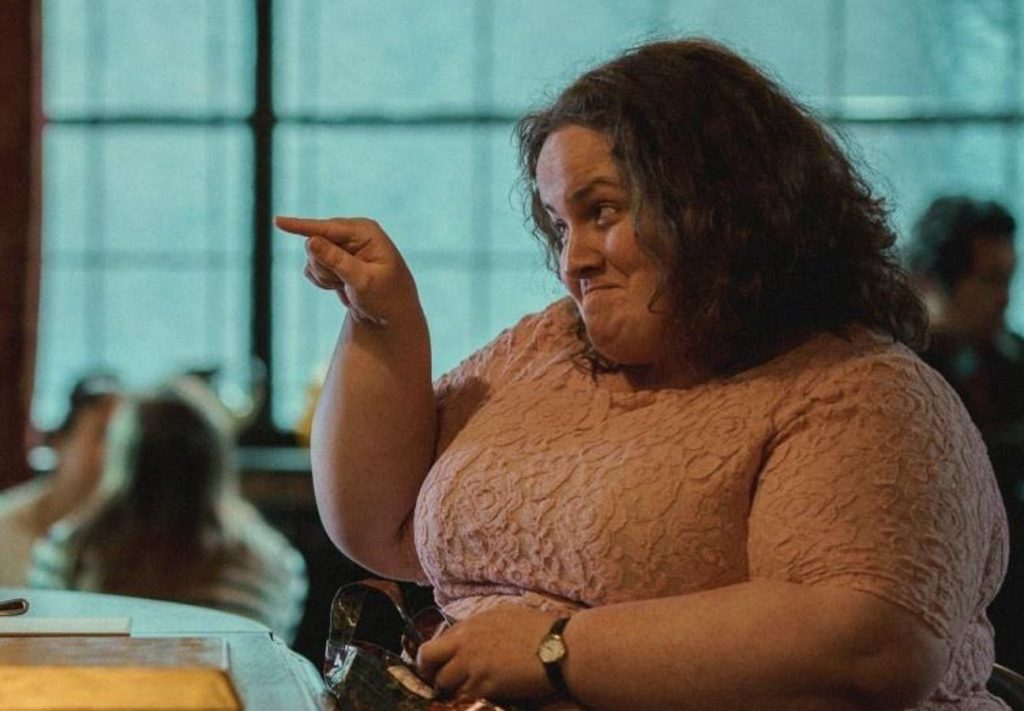Fiona Harvey, who claims to be the woman depicted as a stalker in the Netflix series Baby Reindeer, recently spoke out about her experience in an interview with journalist Piers Morgan on his YouTube show. Harvey revealed that she was initially offered £250 for the interview but is now seeking a much higher sum, stating that she would settle for a million pounds. She criticized the portrayal of her character in the show and denied sending the large number of emails and voicemails as depicted.
In the interview with Morgan, Harvey disputed the details of the encounters that led to the creation of Baby Reindeer, calling it a work of fiction. She accused comedian Richard Gadd of fabricating the story for fame and claimed that she only sent a few emails, texts, and tweets to him. Despite her denials, the interview has garnered significant attention, with over 10.9 million views since its release. Harvey has also threatened to sue Gadd and Netflix for defamation.
Before her interview with Morgan, Harvey expressed her intentions to take legal action against Gadd, whom she accused of bullying her for fame. She reiterated her threat of a lawsuit during the interview and also mentioned plans to sue Netflix if they do not meet her demand for £1 million. Harvey believes that politicians will intervene if Netflix does not comply with her demands, potentially leading to the show’s shutdown. She emphasized that she is serious about seeking compensation for her portrayal in the series.
Harvey’s interview with Morgan has sparked controversy and raised questions about the depiction of real individuals in entertainment. The Daily Record reached out to Netflix, Gadd’s legal team, and Morgan’s production company for comments on the situation. Harvey’s insistence on receiving a significant sum for her appearance and potential legal action has drawn attention to the ethical considerations surrounding the portrayal of real-life events in fictional works. The outcome of this dispute could have implications for how creators handle sensitive material in the future.
The case of Fiona Harvey and her involvement in the Netflix series has highlighted the challenges of adapting real events for entertainment purposes. While creators often take creative liberties in storytelling, the depiction of real individuals can have legal and ethical ramifications. Harvey’s demand for compensation and threats of legal action shine a light on the power dynamics at play when personal stories are translated into scripted content. The fallout from this controversy may prompt discussions about the responsibilities of creators and platforms in representing real-life events. Harvey’s quest for justice and recognition underscores the complexities of navigating the intersection of truth and fiction in media.


